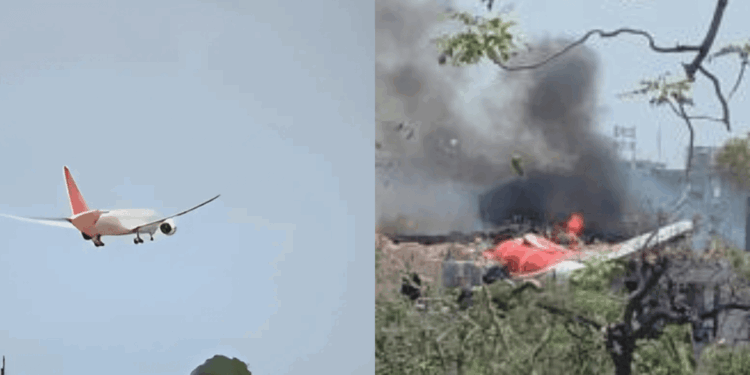India has declined a proposal from the United Nations’ aviation body to include one of its investigators in the probe into the deadly Air India crash that occurred earlier this month in Ahmedabad, according to sources familiar with the matter.
The offer came from the International Civil Aviation Organization (ICAO), which had suggested that one of its experts, already present in India, be allowed to observe the investigation. However, Indian officials chose not to grant observer status, opting to continue the inquiry under the leadership of the country’s own Aircraft Accident Investigation Bureau (AAIB).
This decision marks a shift from previous international incidents, such as the 2014 Malaysia Airlines MH17 tragedy and the 2020 crash of a Ukrainian jetliner, where ICAO experts were involved after being formally requested by the countries concerned.
Details of the Crash
The accident took place on June 12 when Air India Flight AI-171, a Boeing 787-8 Dreamliner, crashed shortly after taking off from Ahmedabad airport. The aircraft was headed for London Gatwick but went down minutes after departure, striking a residential building used as a staff hostel for a nearby hospital.
A total of 270 people were confirmed dead—241 passengers and crew aboard the plane, and 29 people on the ground. One passenger survived, making it one of the deadliest air disasters in Indian history.
Status of the Investigation
Two weeks after the crash, the Ministry of Civil Aviation provided an update on the investigation. Officials confirmed that both the cockpit voice recorder (CVR) and the flight data recorder (FDR) had been recovered from the wreckage and were now undergoing analysis.
The AAIB established a team to lead the probe the day after the crash. This group includes specialists in aviation medicine, air traffic control, and representatives from international agencies such as the U.S. National Transportation Safety Board (NTSB). Boeing and General Electric, the engine manufacturer, are also offering technical support.
Authorities stated that the analysis of the black boxes aims to reconstruct the final moments of the flight and identify any technical or human errors. A preliminary report is expected within 30 days, in line with global aviation standards.
Why the UN Offer Was Declined
While no official explanation was provided for declining the UN agency’s request, sources suggest that Indian officials believe the current team, which already includes international partners, is well-equipped to handle the investigation.
Aviation experts are divided on the move—some view the exclusion of a neutral observer as a missed opportunity for transparency, while others say the presence of established international agencies like the NTSB and Boeing ensures the credibility of the probe.
Next Steps
The results of the black box analysis are likely to offer key insights into what caused the aircraft to lose control shortly after takeoff. As families of the victims await answers, the findings of the AAIB will be critical in shaping aviation safety reforms and preventing similar incidents in the future.
The final investigation report is expected within the next few months, following a detailed technical review.




















